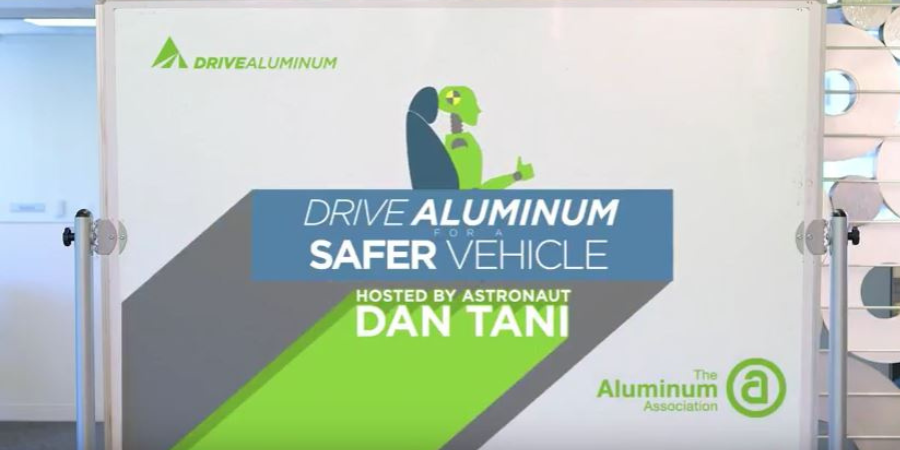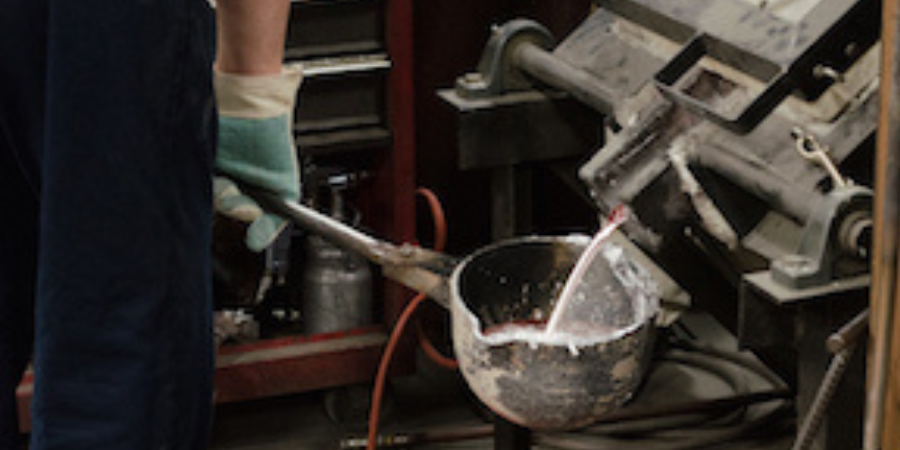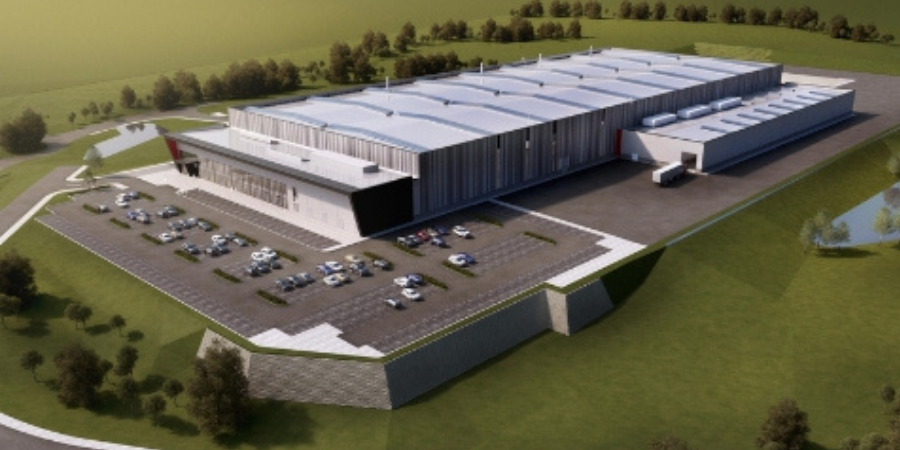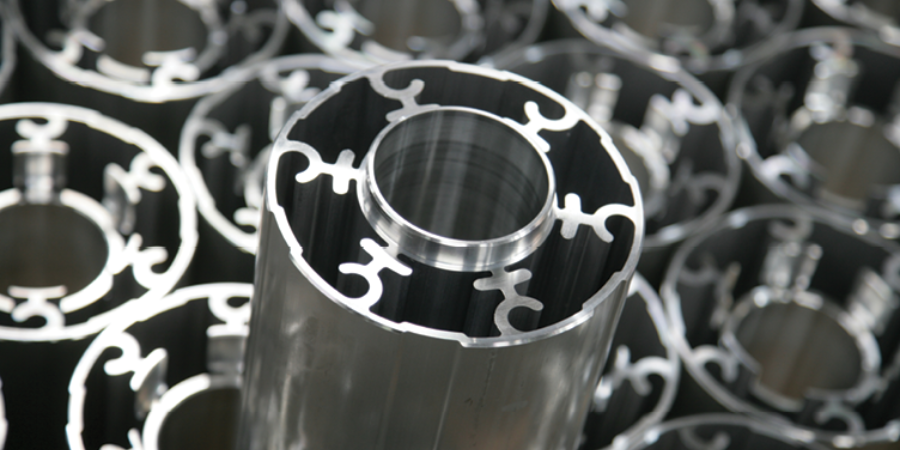Austal Delivers Aluminum EPF Catamaran to U.S. Navy
![]() Source: Light Metal Age
Source: Light Metal Age
Austal USA recently delivered the USNS Yuma, the eighth Expeditionary Fast Transport (EPF) vessel, an aluminum catamaran, to the U.S. Navy. The 338-foot long Yuma is capable of transporting 600 tons 1,200 nautical miles at an average speed of 35 knots and is designed to operate in austere ports and waterways, providing added flexibility to U.S. warfighters worldwide.
Around 700 tonnes of aluminum in the form of plate, extrusions, and forgings is used in the construction of the Yuma. Custom panels created by friction stir welding are joined with custom extrusions using a combination of TIG and gas metal arc welding. Although no surface treatment is used above the waterline, the hull is painted below the waterline. Aluminum provides a strong weight ratio and enables Austal to produce a ship that can efficiently achieve high speeds with a shallow draft. The structure weight of an aluminum ship is approximately half that of a steel ship and is comparable to fiberglass. Other benefits of using aluminum in marine applications are that it is also easy to form, resistant to corrosion, doesn’t require paint to protect the surface, can be welded with well-established commercial processes, and is easy to repair.
Read more: Austal Delivers Aluminum EPF Catamaran to U.S. Navy
Austal Delivers Aluminum EPF Catamaran to U.S. Navy Read More »








